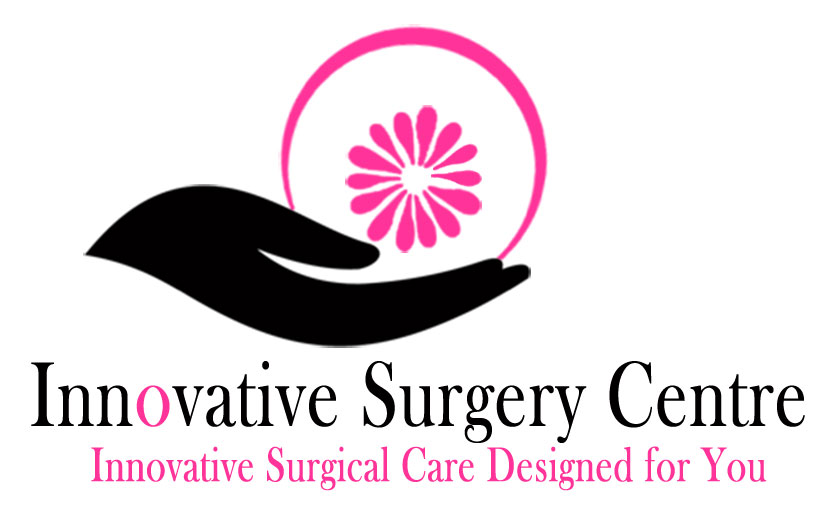Genetic Testing
What is genetic testing ?
Genetic testing is a type of medical test that identifies changes in chromosomes, genes, or proteins. The results of a genetic test can confirm or rule out a suspected genetic condition or help determine a person’s chance of developing or passing on a genetic disorder.
Genetic Testing and Breast Cancer
Approximately 10 percent of patients with breast cancer have a genetic variant that increases their risk of developing the disease. An additional 20 percent have a close family member who also had breast cancer, suggesting a familial link even though no specific genetic variant can be identified.
Which genes affect a person's risk of breast and ovarian cancer?
BRCA1 and BRCA2 are the most common genes known to increase the risk of breast cancer. Variations in these genes can also increase the risk for other cancers, including ovarian cancer, fallopian tube cancer, pancreatic cancer, melanoma, male breast cancer, and prostate cancer.
Many other genes apart from BRCA1 and BRCA2 can increase an individual’s risk of developing breast cancer, including CDH1, PALB2, PTEN, STK11, and TP53. Like BRCA1 and BRCA2, many of these genes also influence risk for other types of cancers.
Who should consider genetic testing?
Genetic testing should be considered if you have
- breast cancer diagnosed before age 50
- triple negative breast cancer (ER/PR/ HER2-neu negative)
- bilateral breast cancer or two separate breast cancer diagnoses
- male breast cancer at any age
- breast cancer in two or more close relatives on the same side of the family
- a close blood relative with cancer in both breasts
- a known familial genetic variant in a breast cancer gene
- both breast and ovarian cancer in close relatives on the same side of your family
- ovarian cancer at any age
- a clustering of cancers that may suggest an inherited cancer syndrome (e.g. breast cancer, thyroid cancer, pancreatic or prostate cancer)
What are the benefits of genetic testing?
If you have an elevated risk of developing cancer based on your genetic test result, you can work with your healthcare provider to create a plan designed to prevent a cancer entirely, or help to identify a cancer at an earlier, more treatable stage.
In addition, genetic testing can help:
▪ provide an explanation for your personal or family history of cancer
▪ evaluate your risk of developing future cancers
▪ make informed medical decisions, including treatment, surveillance, and preventive options
▪ identify other at-risk relatives for whom genetic testing is recommended
How is the test done?
The patient will be asked to put a small amount of saliva into a special container or the doctor will take a small amount of blood (typically 4 ml)
What are the Potential Results of the Test?
- POSITIVE
This means that your test has identified a variant of a gene known to increase your risk of breast cancer.
If your test result is positive, you have the opportunity to consult with your breast surgeon (or physician) to develop an appropriate enhanced screening or management plan. This also provides the opportunity for children and close relatives to be tested for the genetic variant.
- NEGATIVE
This means that your test has detected no variants known to increase cancer risk. Your future risk depends on your personal medical history and family history of cancer. This does not rule out other genetic conditions. Routine screening is still strongly recommended
- VARIANT OF UNCERTAIN SIGNIFICANCE
In some cases, testing can identify a variant, but it is not known at this time whether the variant increases the risk for cancer. In this case, your cancer surveillance recommendations should be based on your personal and family medical histories
What can be done to reduce my cancer risk if I have a positive test result?
If you test positive, try to stay calm. Finding out you carry a mutation can be scary, but there are ways to lower the chances that you will get cancer.
Doctors have learned a lot from studying persons with a BRCA mutation, and these options may apply to people with other mutations, too:
- Enhanced Screening: Getting screened for breast and ovarian cancer often. This will not keep you from getting cancer, but it will increase the chances that you will find it early, when it is easier to treat.
- Risk Reducing Procedures: Having your breasts and ovaries removed. To lower your ovarian cancer risk as much as possible, experts suggest that the ovaries be removed as soon as you are done having children, and by age 40 if you have aBRCA1mutation.
- Taking medicines that help prevent cancer
●Combining some or all of these choices

